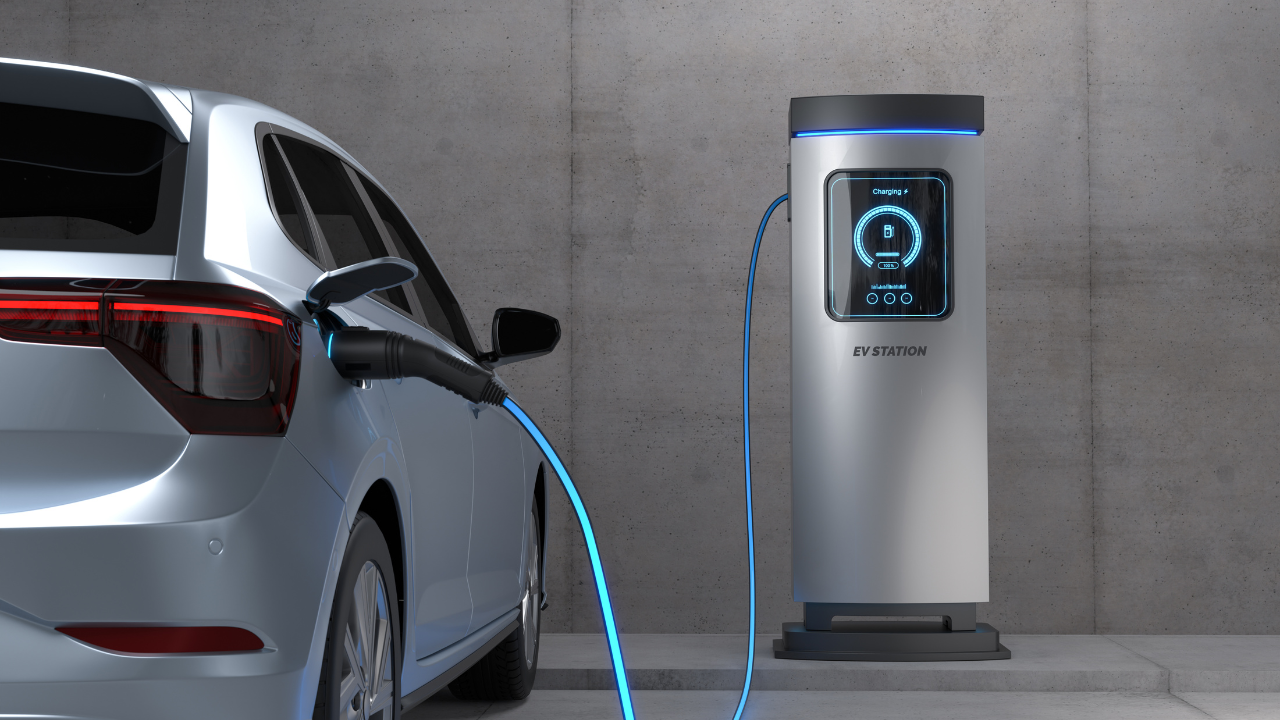Too Many Requests from Your Network
Please complete verification to access this content.
With the rise of electric vehicles (EVs) in the UK, many drivers are considering installing home EV chargers to make charging more convenient and cost-effective. A home EV charger provides a faster and safer way to charge your vehicle compared to a standard three-pin plug. However, the question many ask is: “Can I install an EV charger myself in the UK?”
In this post, we will explore the legal, safety, and technical aspects of installing an EV charger at home and whether a DIY installation is advisable.
Legal Considerations
1. UK Wiring Regulations (BS 7671)
In the UK, electrical installations must comply with BS 7671 Wiring Regulations. These are the standards that ensure electrical systems in homes and businesses are safe and effective. EV chargers fall under this regulation, so any installation must meet these standards.
2. Part P Building Regulations
Any electrical installation in the UK, particularly those in or around the home, must comply with Part P of the Building Regulations. This regulation covers the safety of domestic electrical work. Only qualified electricians registered with an official competent person scheme can self-certify electrical work to ensure it meets the required safety standards.
If you decide to install an EV charger yourself without a Part P certification, you would need to notify your local authority before the installation and have it inspected and certified afterward. This process can be time-consuming and costly, potentially negating the savings you might expect from doing the installation yourself.
3. Government Grants and Incentives
The UK government provides incentives, such as the EV Chargepoint Grant, which covers part of the cost of installing a home charging point. However, to be eligible for this grant, the installation must be completed by an Office for Zero Emission Vehicles (OZEV)-approved installer. If you install the charger yourself, you would not qualify for this grant, losing a financial benefit.
Safety Concerns
1. Electrical Hazards
Installing an EV charger involves working with high-voltage systems, which can be dangerous if not handled properly. EV chargers typically operate on a 240-volt AC supply, much higher than the standard three-pin plug, and require appropriate circuit protection, such as a residual current device (RCD), to prevent electrical shocks or fires.
Improper installation can lead to:
- Electrical shocks: Incorrect wiring or grounding could expose you to high-voltage currents.
- Overheating or fire: Using inadequate cables or connectors can cause overheating, increasing the risk of fire.
- Damage to your vehicle: Poorly installed chargers may lead to inconsistent power supply, which could damage your EV’s battery or electrical system.
2. Earthing Requirements
One of the critical safety measures for an EV charger installation is proper earthing. In the UK, homes with a TN-C-S (PME) earthing system need additional safety features to protect against potential electric shock, particularly when charging outdoors. Professional installers will know how to assess the earthing and install necessary safety measures, like an earth rod or protective devices.
Technical Challenges
1. Compatibility with Your Home’s Electrical System
Not all homes are immediately ready for an EV charger installation. Some older homes may not have the necessary capacity or might require upgrades, such as:
- Fuse box upgrades: If your home’s fuse box is outdated, it may need upgrading to accommodate the additional load from an EV charger.
- Dedicated circuit: EV chargers typically need a dedicated circuit from your fuse box to avoid overloading the home’s electrical system. This might involve running cables through your home, which can be complex and requires knowledge of wiring and circuit design.
2. Cable Management and Positioning
Installing an EV charger also requires you to consider cable management and positioning. The charger needs to be positioned in a location that is both convenient and safe for regular use. You’ll also need to think about the best way to run the cable from your fuse box to your parking space, which may involve drilling, running conduit, and protecting cables from the elements if outdoors.
Insurance and Warranties
1. Home Insurance
A DIY installation might have implications for your home insurance policy. If the EV charger causes any damage due to improper installation, your insurer might refuse to cover the costs if it wasn’t installed by a certified professional.
2. EV Charger Warranty
Most EV chargers come with warranties that may be voided if the installation was not completed by a certified installer. This could leave you liable for any faults or issues that arise with the charger later on.
Cost Implications of DIY Installation
While a DIY installation might seem like a cost-saving option, the potential need for post-installation certification, electrical upgrades, and possible repairs due to faulty installation could result in higher overall costs. The loss of government grants and invalid warranties could further add to these expenses.
Conclusion
While it is legally possible to install an EV charger yourself in the UK, it is not recommended for most people. The installation of an EV charger involves working with high-voltage electrical systems, complying with strict building regulations, and ensuring safety through proper earthing and circuit protection. A DIY installation carries significant risks, including potential hazards, invalid warranties, loss of insurance coverage, and ineligibility for government grants.
For peace of mind, safety, and compliance with UK laws, it’s best to hire a certified professional to install your EV charger. By doing so, you can ensure the job is done correctly, maintain eligibility for grants, and avoid the potential pitfalls and costs associated with improper installation.
In summary, while installing an EV charger yourself may be tempting to save money, the risks far outweigh the benefits. It’s better to leave this task to qualified experts who can provide a safe, reliable, and regulation-compliant installation.
